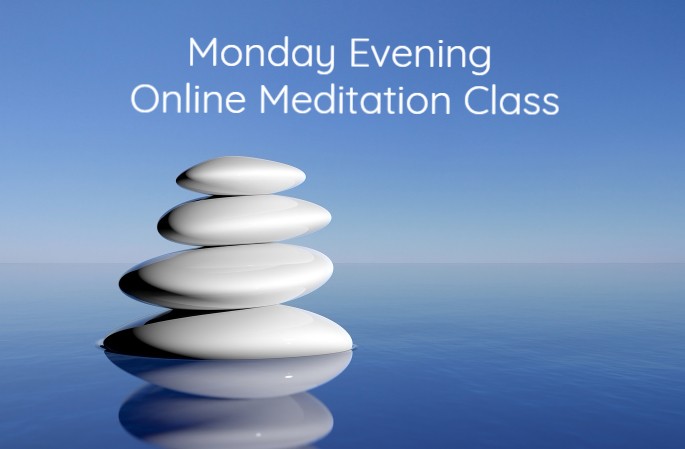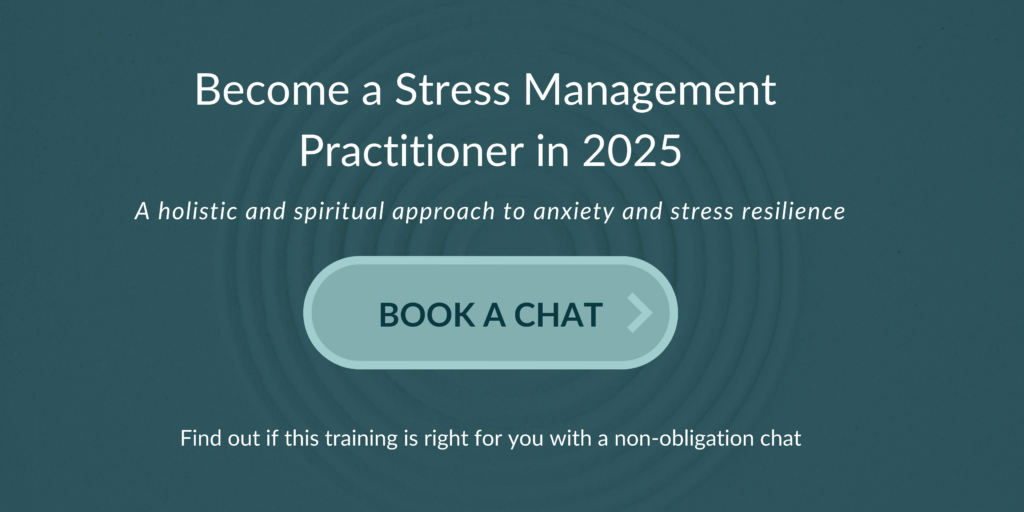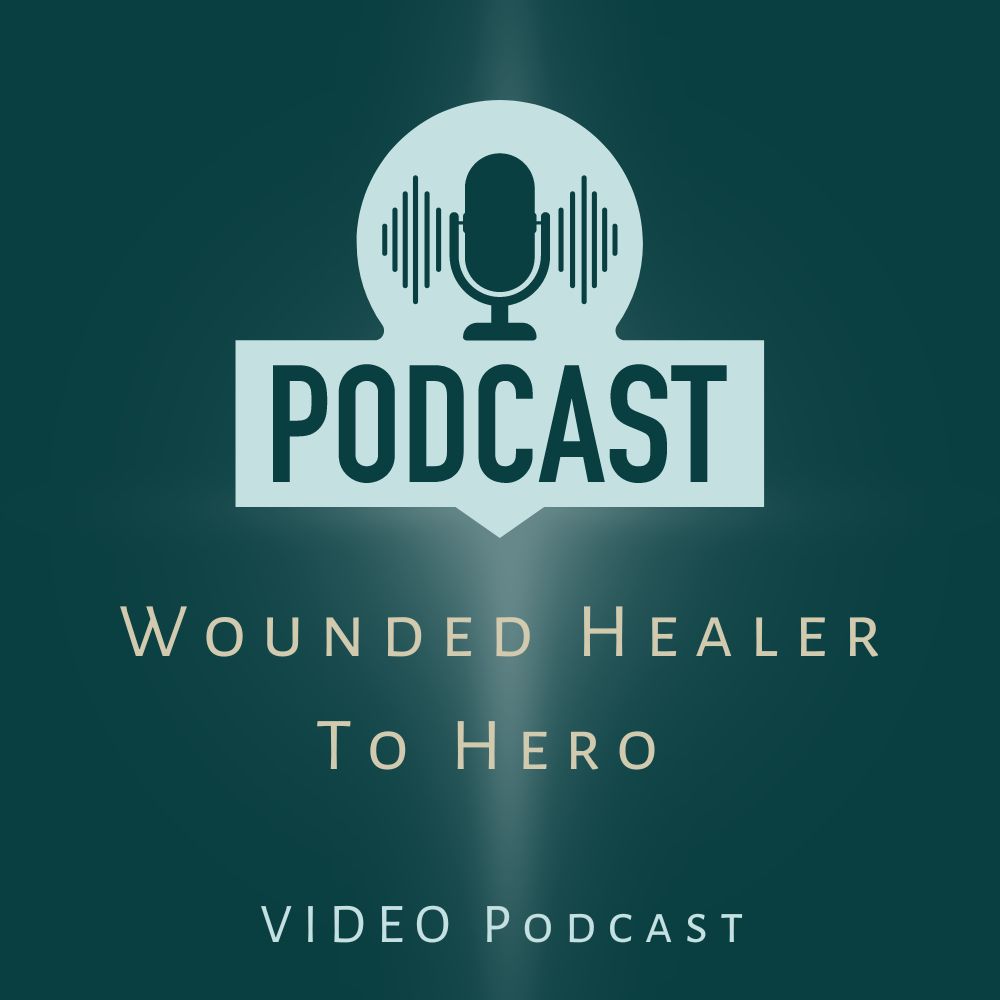How To Support Clients Let Go Of Addiction Challenges
We all have addictive behaviours, but how can we help clients who are suffering to let go of addiction that seriously impacts their day to day life.
Original Edition September 17, 2015 Supporting Client Let Go Of Addictive Patterns
|
 Every single one of us has addictive tendencies; whether it’s work, food or alcohol, TV, Facebook, gossip or even constantly falling into victim-hood. It is more than easy to slide into an unhealthy habit or routine that isn’t great for your mental, emotional, physical or spiritual well-being.
Every single one of us has addictive tendencies; whether it’s work, food or alcohol, TV, Facebook, gossip or even constantly falling into victim-hood. It is more than easy to slide into an unhealthy habit or routine that isn’t great for your mental, emotional, physical or spiritual well-being.But as a coach or therapist how do you work with and support those struggling clients who are trying hard to let go of addiction issues.
How Do You Support Clients Trying To Let Go Of Addiction Challenges As A Therapist Or Coach?
As a therapist who played various roles in work; as a coach, advisor, healer, the teacher I worked with clients with a range of life challenges including various types of addiction drugs, alcohol, smoking, food… But the most important thing I believe every healer, therapist or teacher is there to do. Is give their clients or student back their own power, by guiding them or teaching them skills that ground and support them to make much healthier changes.
We are there to support clients or students into empowerment. It doesn’t matter how far someone thinks they have gone. That unconditional acceptance, compassion and support can help addicts recognise deep down they matter, they are enough and that they deserve more.
But so often the therapist or healer unconsciously or consciously takes the clients power, by taking the role on of healer, fixer, master. When clients completely take or have no ownership for their own healing, they expect the therapist or healer to FIX them, CURE them, almost expecting a magical pill. To help an addict let go of addictive challenges you have to give them back the responsibility or ownership for their life or the way they deal with their presented challenges.
A common problem is a client who moves from therapist to therapist, healer to healer. Never sticking long enough to one thing or constantly expecting someone else to do the work. That is why it is so vital we always give some power or responsibility back to the client. Help them face there have anxiety, stress or dis-ease in their mind, body, emotions? What in their life needs attendance or needs to let go? But so many traditional healers and body workers don’t recognise this as a major issue, they are not aware of issues like co-dependency that they fall into the trap of believing they are the healer. Which on an energetic and physical level can be even more disabling for the client.
One simple but very valuable skill is using soft Socratic questioning which is used in counselling and CBT on their habits and their daily routine, this can be very effective at helping them become more aware of triggers, habits, beliefs, conditioning… Even asking simple probing questions around their daily routine, sleeping or eating habits such as do they stay up late glued to TV or facebook. Do they really need that chocolate bar or glass of wine every night when they believe they have had a hard day? Or that constant rushing, working, maybe only eating when they remember. Asking clients general day to day questions around their hobbies, socialising, relationships can help reveal a much greater bigger picture.
By simply Increasing awareness on someone’s unhealthy addictive habits that they didn’t see, can be a major awakening. And passing on self-help tools like stress management, meditation and relaxation that will make things easier for them is empowering. We all have different degrees of distractive patterns we use to hide from our pain, our shame, our loneliness, our rejection, our fear. When the reality is when we fully ACCEPT it and FACE it fully, it no longer has power over us.
Another great tool is to encourage the client to change their daily routine, especially around typical scenarios that trigger the behaviour. I worked as a laser therapist/counsellor for smoking and drug addiction. When someone was giving up smoking, one of the suggestions was to encourage the client to change when and where they had their cigarette. So if they used had a cigarette with coffee before getting washed, breakfast etc we would encourage them to get washed and dressed, sit at breakfast perhaps in a different seat, to replace coffee with something else for at least a few weeks, anything that would break that connection. Addictions are often reinforced habits so its important to break any correlations.
With even a little bit of awareness, enquiry and positive suggestion, we can give clients back so much of their own power, their own self healing and self-love.






I like the idea of using socratic questions you mentioned to find out about people’s habits and daily routine to get the bigger picture.
Although my business is a bit different I believe I can implement this in a way that will be helpful.
Thank you